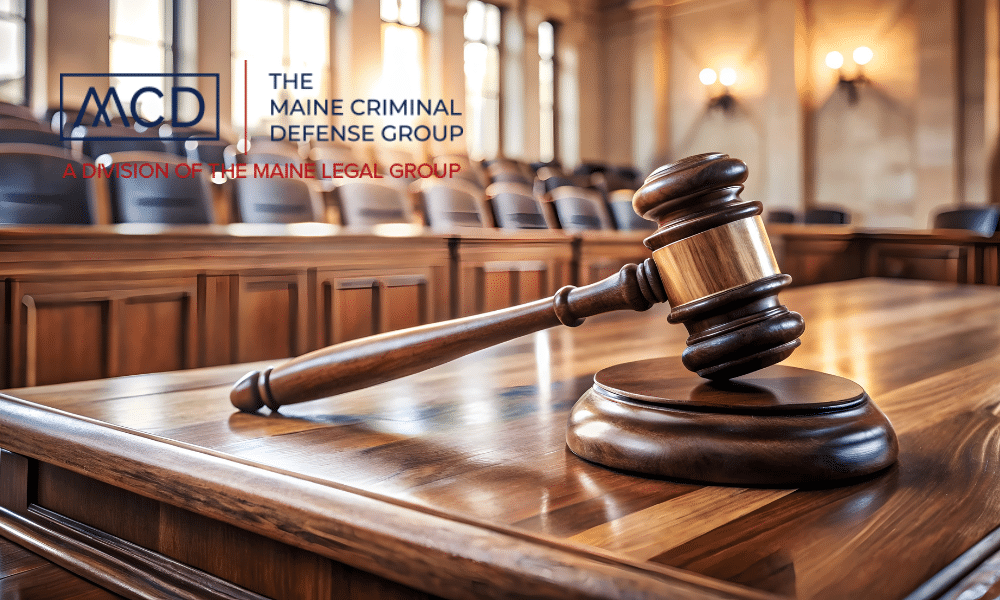Unfortunately, if you’re reading this blog, you’ve either been arrested or you received a criminal summons charging you with a crime. Somewhere on your paperwork shows a date and time where you need to appear in Court.
What it doesn’t say is what’s supposed to happen that day. If this is the first time you’ve found yourself charged with a criminal offense, the added stress of not knowing what to expect when you get to court can be debilitating.
Call 207-571-8146 or contact us online to schedule a consult with one of our highly skilled criminal defense & OUI, DUI, DWI lawyers, serving Maine, today.
For most people, the very first court appearance is the “arraignment.” If you are charged with a felony, your first appearance is referred to as the “initial appearance.” I’ll explain the difference between this and an arraignment below.
First Court Appearance in Maine
Since this is the first court appearance, I’d like to take some time to describe what the courtroom will actually look like and who you’ll see when you walk in. When you first walk into the courtroom on your arraignment, you’ll see a number of benches near you. This will be where you sit until the judge calls your name. About halfway into the courtroom there is a half-wall like divider, which separates the benches from some tables and chairs on the other side.
You are not allowed in that area, which contains the tables and chairs, as this is specifically for attorneys and those who have permission to enter. This area is usually where defense attorneys and prosecutors sit, as it is closer to the judge’s bench. Beyond the tables and chairs you will see the judge’s bench, which is elevated above the courtroom seating. The people who are not wearing the judge’s robe are the court clerks, who help make the court process easier for the judge, the attorneys and for those who have their arraignment.
You will also see people dressed in suits with badges in this area. These are the court marshals, and their job is to provide security during the court proceedings. Last but not least is the judge, who is in the black robes.
The marshal will say “all rise” when the judge enters the room. You will need to stand and remain standing until you are instructed to sit back down.
In some courthouses, a video will be played for you explaining the process, prior to the arrival of the judge. Other times, you may receive an announcement from either a defense attorney or a prosecutor, explaining the process and what to expect during your time in court.
Once everyone is seated, the judge will go down the list of names of people summonsed to be in court, in order to determine who failed to appear. The judge will either address your case when your name is first called or the judge will go through the entire list to see if anyone is absent. Once the judge gets to your case, you will likely be asked to walk up to a microphone at the edge of the benches. The judge will then read what you are charged with to ensure you understand the charges levied against you. The judge will then ask you what your plea is. If you plea guilty, the case is over and you will be sentenced immediately.
If you plea not guilty, you will be given another court date where you will have a chance to discuss your case with the prosecutor’s office, which is called the Dispositional Conference. Furthermore, when pleading not guilty, the court may determine whether or not bail should be set. Bail is just a way to guarantee that you will attend your next court date. In many instances, the court will decide not to set bail or instead, will set “personal recognizance” bail, which means you don’t have to pay any money but additional bail conditions may apply. In some cases, the prosecutor will ask for either cash or conditions on your bail, and depending on the circumstances of your case, the judge may grant that request.
Lastly, you will receive paperwork from the prosecutor, called “discovery,” which contains police reports and other evidence the DA’s Office will seek to use against you in order to prove your guilt beyond a reasonable doubt. Additionally, many times the prosecutor will give you an “offer,” which is a recommendation as to what they recommend as a sentence if you decide to plea guilty that day and resolve your case.
Felony and Initial Appearance
For those charged with a felony, your first court date is called an “initial appearance.” The main difference between this and an arraignment is that the judge will not ask you for a plea. This is because for felony cases, the prosecutor must obtain an indictment. An indictment is a formal list of charges that has been approved by a grand jury. This does not mean you are convicted. It is a constitutional safeguard that ensures the prosecutor has the bare minimum facts to support probable cause to believe you committed a crime and thus, proceed forward with the charge.
Arraignment
Once the grand jury issues an indictment, the court will schedule your case for an arraignment and you’ll be able to enter a plea on that date. So now that the arraignment process is out in the open, you may ask what the advantage to having a criminal defense attorney with you at this stage would be? Your attorney will be able to tell you specifically what’s supposed to happen in your case and will speak to the judge on your behalf.
In many cases, you may not even need to attend your arraignment but that is only if you are represented by an attorney. Additionally, an attorney can argue your case if the prosecutor wants to impose bail conditions and he/she can either devise recommendations you would approve of or argue your case as to why you bail is inappropriate in your particular case.
Lastly, a criminal defense attorney can review your discovery in order to find any potential weaknesses in the prosecutor’s case, which can lead to a better outcome than you would have obtained on your own, without an attorney.
If you have been charged with a crime and have been scheduled to appear in court for your arraignment, call our defense attorneys at The Maine Criminal Defense Group immediately to discuss your case.
Call 207-571-8146 or contact us online to schedule a consult with one of our highly skilled criminal defense & OUI, DUI, DWI lawyers, serving Maine, today.
Related Articles
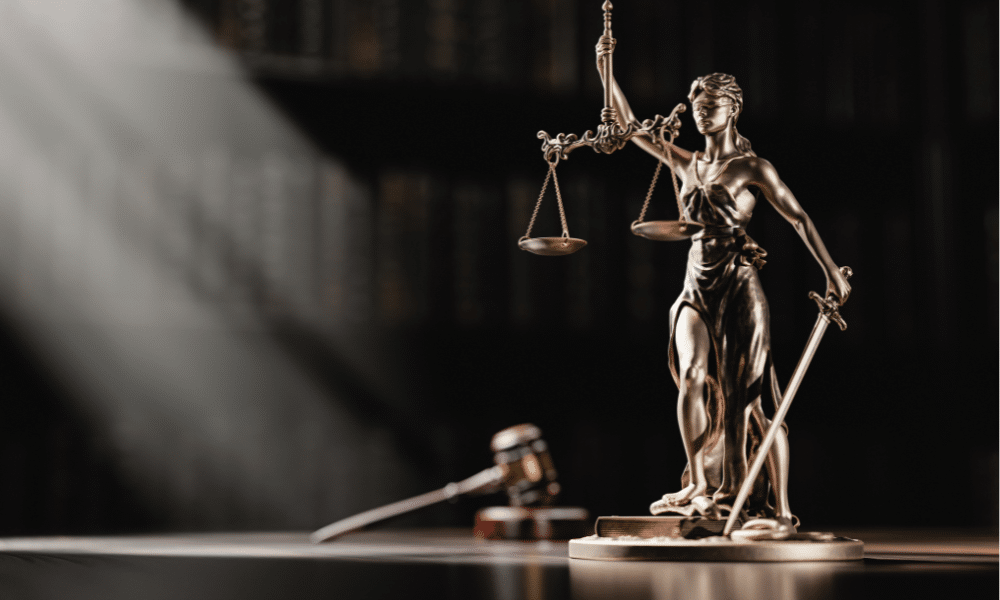
If you are charged with a crime in Maine, going to trial is just one of the possible outcomes. In fact, around 90 percent of criminal cases in Maine are[...]
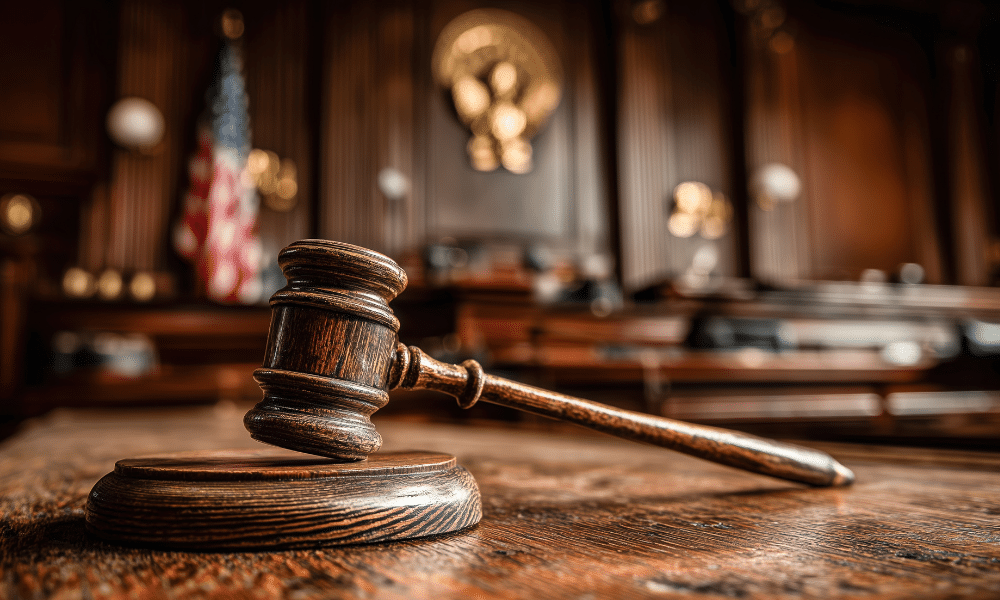
Defendants in criminal cases typically have four options for resolving their case if the charges are not dismissed: Plea negotiation, where the defendant agrees to plead guilty (or no contest)[...]
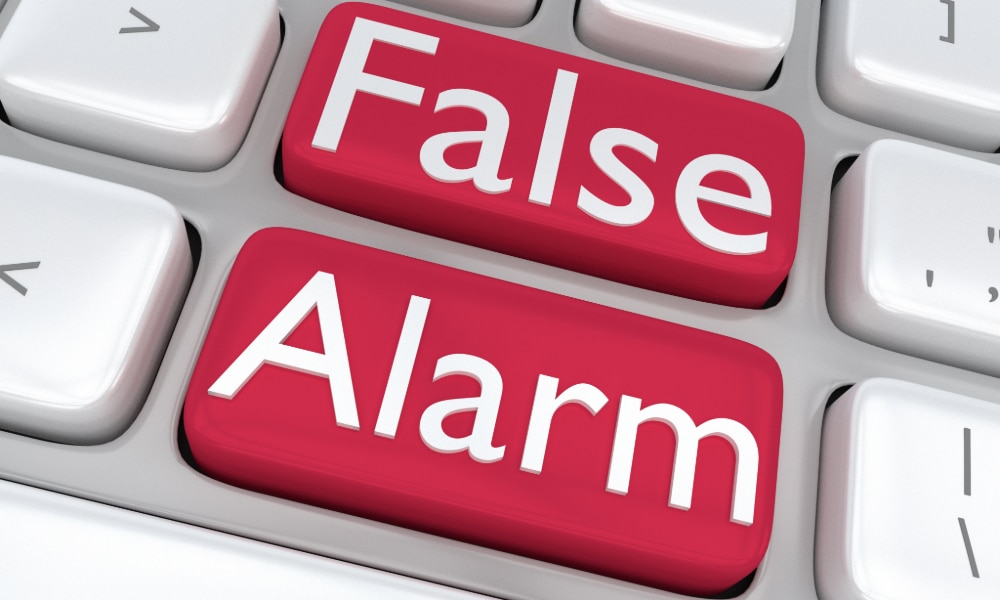
Many people are unaware that it is a criminal offense in Maine to make a false report of an emergency that causes public alarm. Even those who are aware of[...]
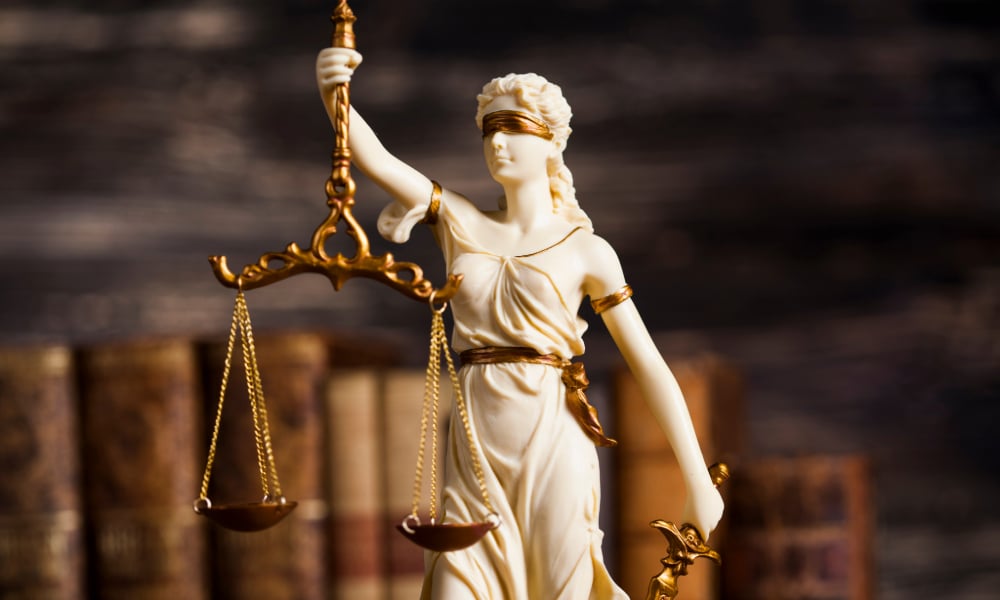
A criminal conviction usually appears on criminal records for life in Maine, potentially impacting the individual’s employment, education, travel, housing, immigration status, and more. However, certain low-level misdemeanor convictions can[...]
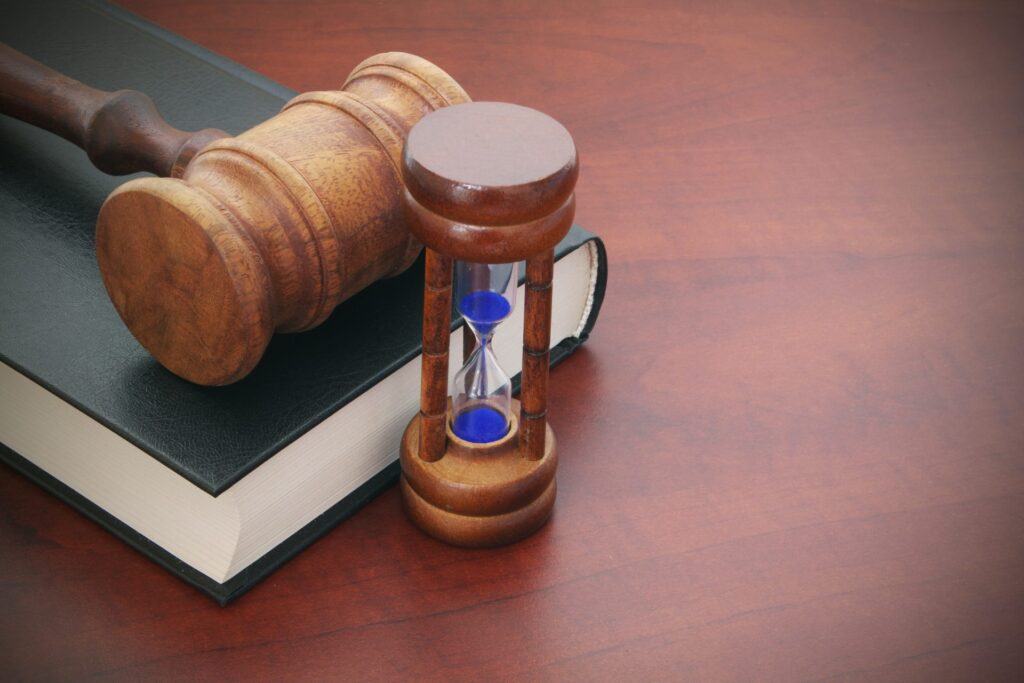
The legal term for sentencing a convicted criminal is not required to serve is called a suspended sentence. A suspended sentence is handed down during the sentencing portion following a[...]

If you receive a traffic ticket in Maine, you may be facing far more than demerit points or an administrative penalty. You could be facing criminal sanctions and a permanent[...]
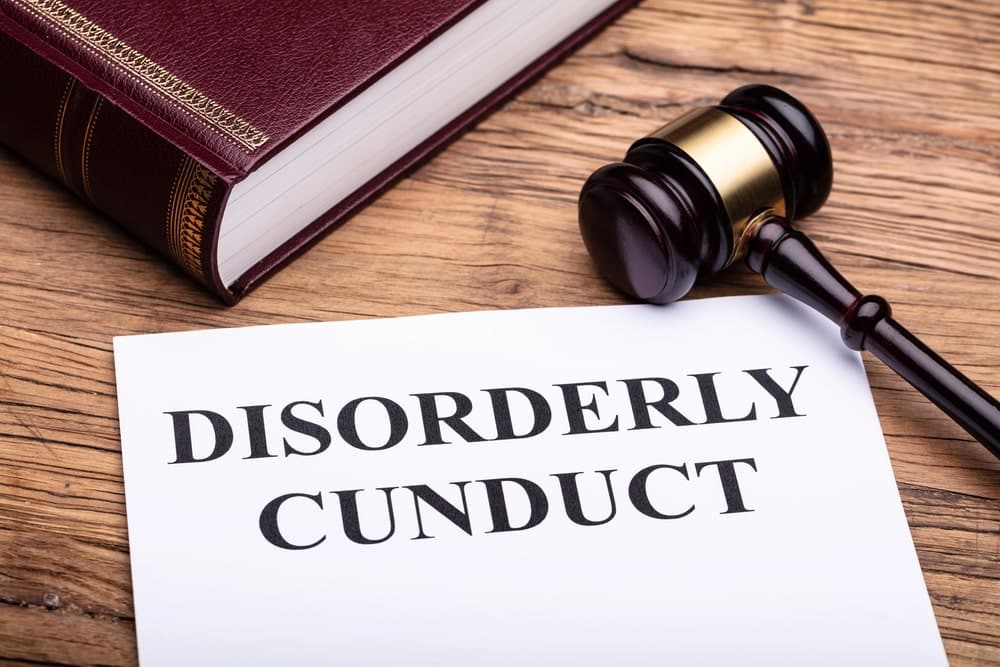
In Maine, disorderly conduct laws effectively make disturbing the peace a criminal offense. While disorderly conduct is considered one of the least serious offenses under Maine’s Criminal Statutes, it can[...]

Any criminal charge for a drug-related offense is a serious matter in Maine,but how consequential the outcomes can get may depend on whether the charge is filed at the state[...]


Self-defense laws in the U.S. are complex, vary from state to state, and are often misunderstood. “Stand your ground” laws allow an individual to use deadly force in self-defense in[...]
